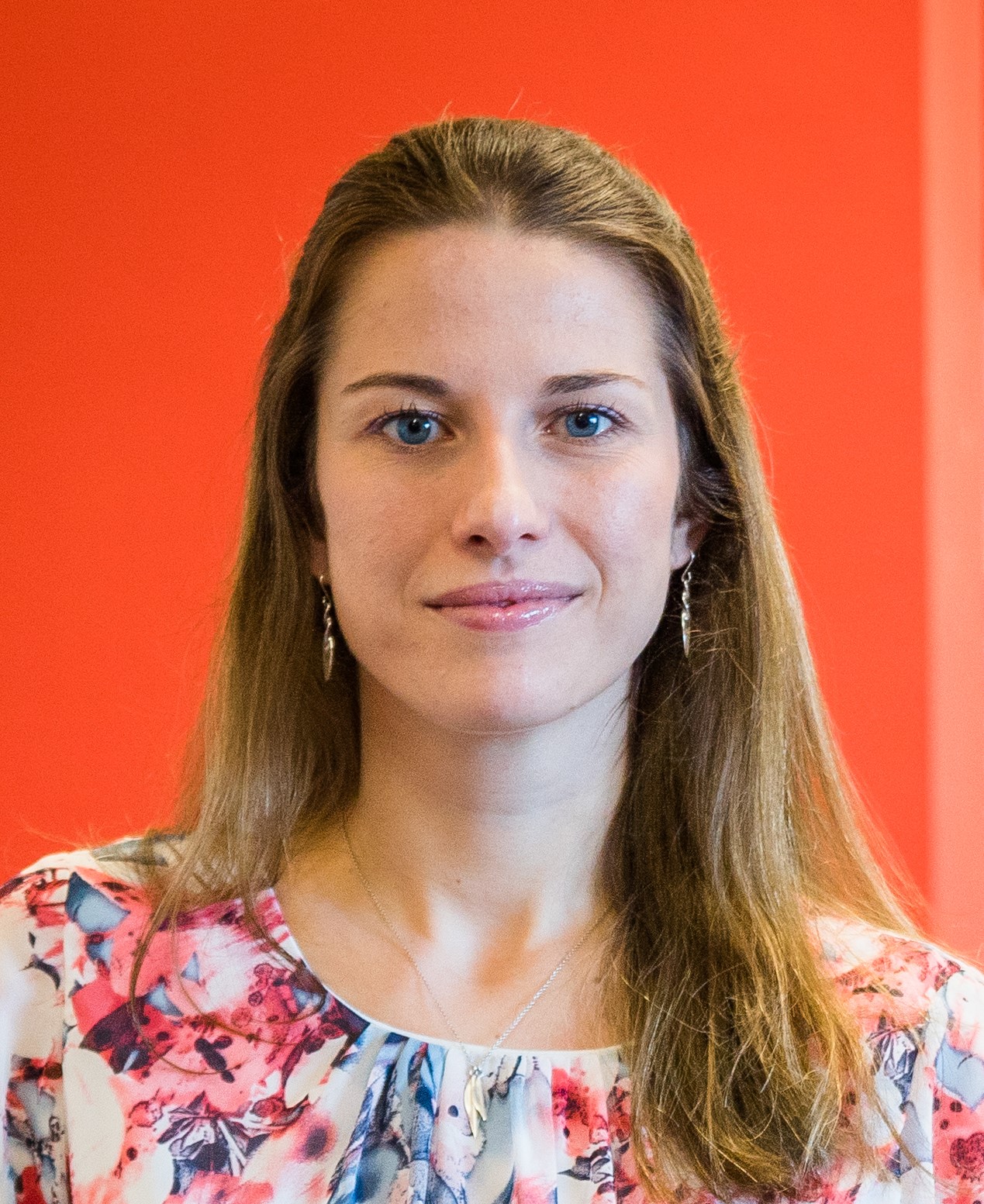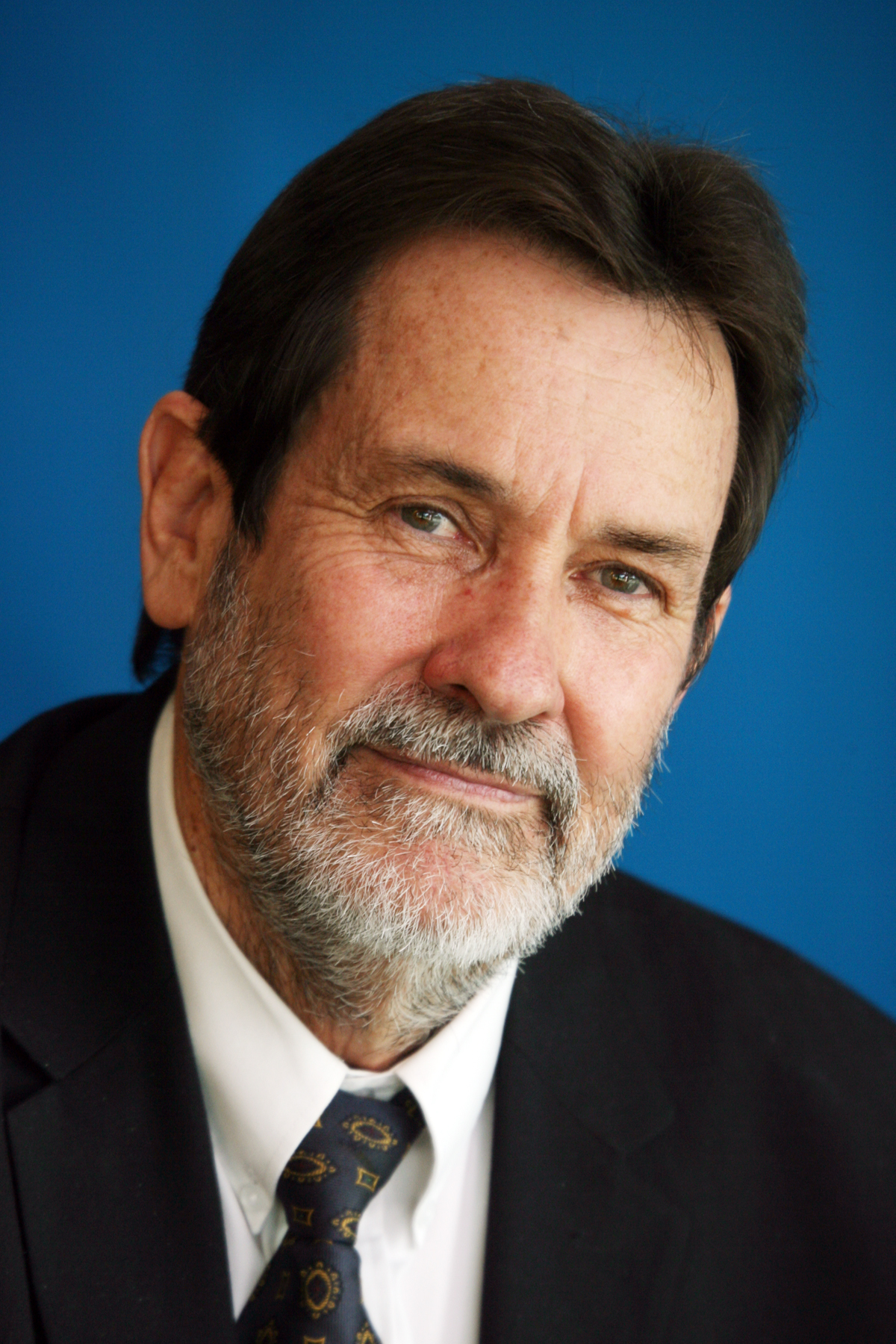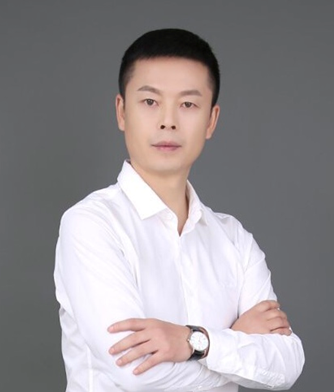Please email lynn@enterprise.ac.uk if you require a copy of any slides.
Dr Charlie Ball
Head of Higher Education Intelligence, Graduate Prospects
 Graduate Prospects is the sector agency charged with the support of higher education careers and employability provision, and where Charlie is the specialist on UK graduate employment and the skilled jobs market.
Graduate Prospects is the sector agency charged with the support of higher education careers and employability provision, and where Charlie is the specialist on UK graduate employment and the skilled jobs market.
Charlie publishes and speaks extensively on all issues on the graduate and postgraduate labour market and works extensively with quantitative data on graduates.
He is a member of steering groups and advisory boards for a number of sector organisations, including AGCAS, HESA and the Office of National Statistics, as well as sitting on the Institute of Student Employers’ research advisory group. He works with many other organisations and on numerous projects with an interest in graduate employment and employability, regionally and nationally and is a Fellow of the National Institute for Career Education and Counselling (NICEC). He is currently involved in the development of the new Graduate Outcomes survey of graduates, in the ONS update of the national Standard Occupational Classification systems, in examining regional labour markets and graduate migration and retention and in cross-sector initiatives on understanding graduate occupational shortages.
Session summary
Graduates in self-employment and microbusinesses
Join labour market specialist Charlie Ball as he examines new graduates entering self-employments and microbusinesses. Who are they? What do they study? Where do they work? And what does this mean for support of new entrepreneurs? Charlie looks at the data, discusses the implications and takes questions in this fast-moving and evidence-rich presentation.
Dr Diana Beech
Policy Adviser to the Minister of State for Universities, Science, Research and Innovation
 Diana has served under three Ministers of State, Jo Johnson, Chris Skidmore and Sam Gyimah. Prior to this, Diana was first Director of Policy and Advocacy at the Higher Education Policy Institute (HEPI), where she authored reports on topics as varied as free speech in universities, widening access and participation, the TEF and demand for higher education in England to 2030. Diana holds a PhD from the University of Cambridge and has held post-doctoral fellowships at universities in Canada, Germany and the UK.
Diana has served under three Ministers of State, Jo Johnson, Chris Skidmore and Sam Gyimah. Prior to this, Diana was first Director of Policy and Advocacy at the Higher Education Policy Institute (HEPI), where she authored reports on topics as varied as free speech in universities, widening access and participation, the TEF and demand for higher education in England to 2030. Diana holds a PhD from the University of Cambridge and has held post-doctoral fellowships at universities in Canada, Germany and the UK.
Ben Johnson
Policy Adviser to the Minister of State for Universities, Science, Research and Innovation
 Ben Johnson joined the Department for Business, Energy and Industrial Strategy in June 2019 to advise the Minister on science, research and innovation policy. Before that, he led the insight and engagement directorate at Research England, with overall responsibility for university engagement, communications, strategy development, stakeholder engagement, sector insight and evidence, and international work. Before that, Ben spent nine years in varied roles at the Higher Education Funding Council for England, including leading policy work on open science, research metrics, technical infrastructure and research sector efficiency. Between 2016 and 2018, Ben was seconded to the Department of Business, Energy and Industrial Strategy to lead the work to establish Research England. He holds a first class degree in music from the University of Southampton.
Ben Johnson joined the Department for Business, Energy and Industrial Strategy in June 2019 to advise the Minister on science, research and innovation policy. Before that, he led the insight and engagement directorate at Research England, with overall responsibility for university engagement, communications, strategy development, stakeholder engagement, sector insight and evidence, and international work. Before that, Ben spent nine years in varied roles at the Higher Education Funding Council for England, including leading policy work on open science, research metrics, technical infrastructure and research sector efficiency. Between 2016 and 2018, Ben was seconded to the Department of Business, Energy and Industrial Strategy to lead the work to establish Research England. He holds a first class degree in music from the University of Southampton.
Session summary (Dr Diana Beech and Ben Johnson)
From Whitehall to the Fireside – Diana and Ben did not use slides
Diana and Ben join Gareth Trainer, Chair of EEUK, in conversation about current and future education and innovation policy in the UK and how it relates to the world of an enterprise educator. How will a focus on teaching excellence, knowledge exchange and graduate outcomes impact on our courses and students? What do we know about the expectations of our future students and the needs of industry, and in what ways might the student experience change as a result? To what extent will changes in the political climate impact on the sector and how can enterprise educators influence future policy direction? We will be drawing on Diana and Ben’s intimate knowledge of the higher education sector and their unique experience as Advisers to the Universities Minister to gaze into the flames and see what the future of enterprise education and start-up support might hold.
Lord Karan Bilimoria CBE DL
 Karan Bilimoria is the founder of Cobra Beer and the Senior Independent Director of the Booker Group PLC. In 2006, he was appointed the Lord Bilimoria of Chelsea, making him the first ever Zoroastrian Parsi to sit in the House of Lords, and in 2014 he was installed as the seventh Chancellor of the University of Birmingham – the first Indian-born Chancellor of a Russell Group University in Great Britain. In 2015 he became President of UKCISA and in 2016 he was appointed Chair of the Advisory Board at the University of Cambridge Judge Business School. In 2018 he became the first Patron of Enterprise Educators UK.
Karan Bilimoria is the founder of Cobra Beer and the Senior Independent Director of the Booker Group PLC. In 2006, he was appointed the Lord Bilimoria of Chelsea, making him the first ever Zoroastrian Parsi to sit in the House of Lords, and in 2014 he was installed as the seventh Chancellor of the University of Birmingham – the first Indian-born Chancellor of a Russell Group University in Great Britain. In 2015 he became President of UKCISA and in 2016 he was appointed Chair of the Advisory Board at the University of Cambridge Judge Business School. In 2018 he became the first Patron of Enterprise Educators UK.
Session summary
The Power of Universities to Power the World – Lord Bilimoria did not use slides
Lord Bilimoria will discuss the importance of Enterprise Education in universities, as well as the spirit of enterprise within universities. He will discuss the ability of universities to engage with business and to be the creators of the entrepreneurs in the future. In the case of Lord Bilimoria, he came up with the idea of Cobra Beer whilst a student at Cambridge; unsatisfied with overly gassy lagers and ales that didn’t match well with Indian food, he decided to create a less gassy lager with the flavour of a lager but the smoothness of an ale.
Monika Radclyffe
Chair of Business Acceleration Centres at SETsquared Partnership and Centre Director at SETsquared Bristol
 Monika Radclyffe is the Chair of the Business Acceleration Centres Group at SETsquared Partnership, and runs the Centre in Bristol, where she manages strategy and delivery of incubation activity to the 85+ high-tech ventures. The Centre is part of SETsquared Partnership, which has been ranked as Global Number 1 university-led incubator in 2015 and 2017 by UBI ranking.
Monika Radclyffe is the Chair of the Business Acceleration Centres Group at SETsquared Partnership, and runs the Centre in Bristol, where she manages strategy and delivery of incubation activity to the 85+ high-tech ventures. The Centre is part of SETsquared Partnership, which has been ranked as Global Number 1 university-led incubator in 2015 and 2017 by UBI ranking.
Monika’s career includes facilitating open innovation programmes between corporates, academics, startups and global innovation events at Fortune 500 firm Cognizant, leading delivery on fintech innovation programmes at innovation consultancy ENTIQ, setting up a student incubator at the University of Westminster, running an entrepreneurial community of 6,000 members, setting up two co-working spaces and a digital acceleration programme at Dreamstake in London. Monika holds an MSc in Business Innovation and in her spare time runs a small arts business called Macrame Art and loves spending time outdoors.
Session summary
Scaling incubation activities: SETsquared model
How do you go from being a student or researcher to running a multi-million-pound worth business? Monika Radclyffe’s unique talk focuses on how her members have done just that with their incubation journey. The SETsquared series of programmes is designed to suit entrepreneurs at different stages and Monika’s talk will show how this is achieved and how to create continuity in supporting entrepreneurs, beyond engagement with the university.
At SETsquared Bristol Monika works with advanced technology startups and scaleups, where 80% of the cohort are not formally associated with the University of Bristol. Yet, the incubator brings immense benefits and return on investment back to the University. Monika will explain how to build such a sustainable and long-term focused business ecosystem.
Professor Geoff Scott
B.A., Dip Ed (Sydney), MEd, Ed D (Toronto) FACE
Emeritus Professor of Higher Education and Sustainability, Western Sydney University
 Dr Geoff Scott is Emeritus Professor of Higher Education and Sustainability at Western Sydney University, Australia. From 2004-12 he was Pro Vice-Chancellor (Quality) and Executive Director of Sustainability at UWS. During this time he led a range of successful external quality audits and established the UN endorsed RCE-GWS.
Dr Geoff Scott is Emeritus Professor of Higher Education and Sustainability at Western Sydney University, Australia. From 2004-12 he was Pro Vice-Chancellor (Quality) and Executive Director of Sustainability at UWS. During this time he led a range of successful external quality audits and established the UN endorsed RCE-GWS.
He is a widely published author of reports and articles on change leadership, sustainability, social entrepreneurship, professional capability, what distinguishes successful early career graduates in a wide range of professions, assuring achievement standards and quality assurance in higher education. HIs book Turnaround Leadership for Higher Education with Canada’s Michael Fullan (2009) received the US Colleges’ Bellwether Award.
He is a former director of the Australian Council for Educational Research, a Fellow of the Australian College of Education, a member of TEQSA’s Panel of Experts and a higher education auditor, board member and consultant in many countries. From 2014-16 he was a National Senior Teaching Fellow with Australia’s Office for Learning and Teaching. This Fellowship focused on how best to develop highly capable, work ready plusgraduates for an uncertain future and resulted in a website (http://flipcurric.edu.au/) that currently has more than 12,000 Higher Education users around the world.
In 2007, he was the Recipient of the Australian Higher Education Quality Award
Session summary
Building social enterprise into tertiary education programs
In this session Emeritus Professor Geoff Scott will provide an overview of initiatives now underway around the world which are using social enterprise projects in universities and colleges to address the United Nations’ 17 sustainable development goals.
How more than 12,000 higher educators from Europe, the UK, North America and the Asia-Pacific are using the FLIPCurric website to support this process will be discussed. The FLIPCurric website was co-created between 2014-17 by learning and teaching leaders from around the world as part of an Australian national senior teaching fellowship.
The potential to develop a searchable clearing house on how social enterprise can be built successfully into the curriculum and assessment approaches of higher education institutions to develop work ready plus graduates will also be explored.
Dr Zhu Yankong
Dean of Zingy International Education Institute for Entrepreneurship, China
Dr. Zhu Yankong is the founder and Dean of Zingy International Education Institute for Entrepreneurship, the executive dean of Innovation and Entrepreneurship Education College of Hebei Geological University. He has been focusing on introducing the international entrepreneurship education system into China, and innovatively applying in China. He has invested great enthusiasm in popularizing entrepreneurship education in China, and be good at the content and method designing from 0 to 1.
He is the participant of SEE Asia 2014 of Babson College, and launched the SEE-China project in China in 2015. In 2018, he published his books: What to Learn for Entrepreneurship: Design of Life Direction, Thinking and Methodology (2nd edition); How to Teach Entrepreneurship: A Five-step Teaching Method Based on Practice.
His main contributions are as follows: Firstly, taking effectuation as the theoretical framework, he developed a course of entrepreneurial thinking and method, which everyone is able to learn; Secondly, according to the practice-based entrepreneurship teaching method of Babson College and NCEE44 innovative entrepreneurship teaching method in the United Kingdom, he developed a five-step experience-based innovative entrepreneurship teaching method, which everyone is able to teach.
Session Summary
The Chinese Elements and International Evolution of Enterprise and Entrepreneurship Education in Universities
The enterprise and entrepreneurship education in the world has manifested general features and specific characteristics. We try to present the uniqueness of Chinese universities’ enterprise and entrepreneurship education from the perspective of Chinese factors, which include the orientation of China’s national policy, the needs of China’s industrial development, the target of China’s university education. Influenced by these factors, the enterprise and entrepreneurship education in China gives rise to its own features. Dr Zhu will give a presentation on the situation of enterprise and entrepreneurship education in China, which has demonstrated both Chinese characteristics and international features. It will include the curriculum and co-curricular, as well as the policies about enterprise and entrepreneurship education; the general enterprise and entrepreneurship education for all students, as well as the enterprise and entrepreneurship education which is integrated into other majors and the enterprise education in China’s Universities, as well as the integration of enterprise education in China’s industry.
